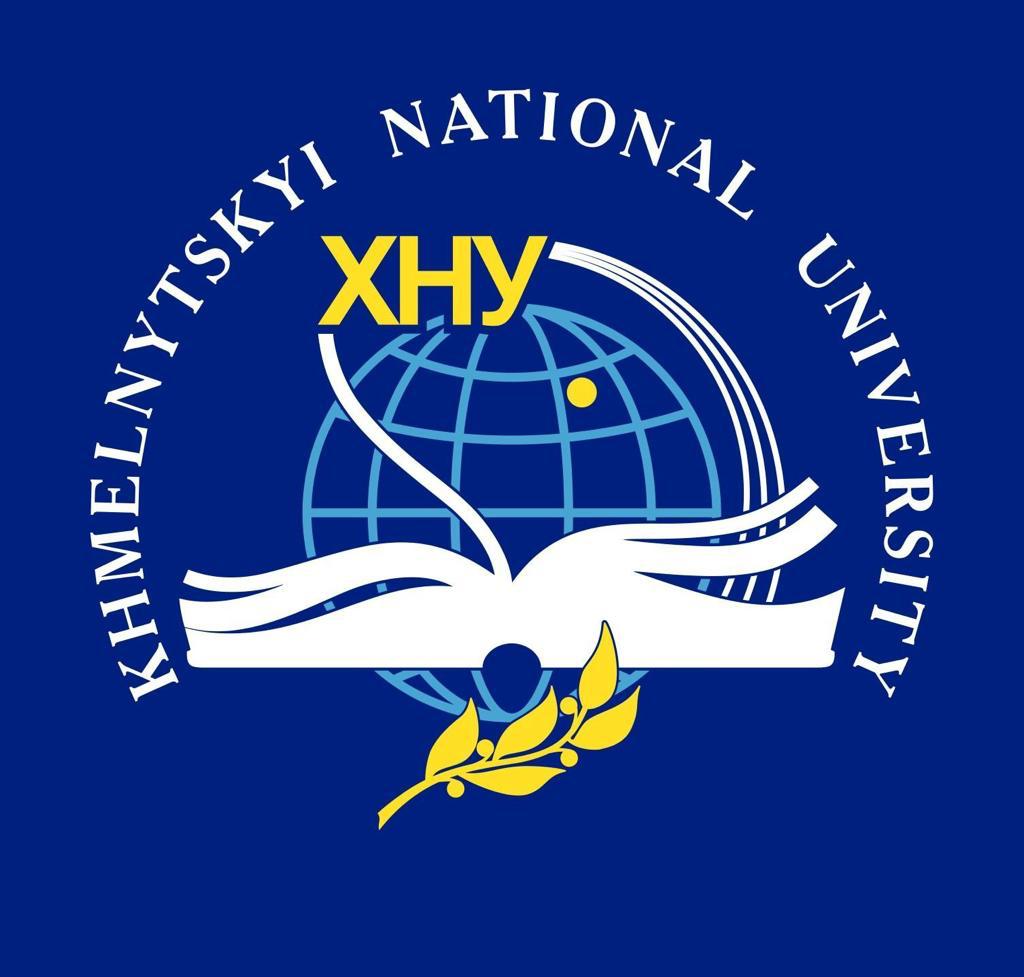TRANSFORMATION OF OLYMPIC VALUES AND PROFESSIONALIZATION OF OLYMPIC SPORT UNDER THE INFLUENCE OF GLOBALIZATION AND MARKET MECHANISMS
DOI:
https://doi.org/10.31891/pcs.2025.1(1).89Keywords:
Olympic and professional sports, research, globalization, market mechanismsAbstract
A comprehensive study of the problem of the professionalization of Olympic sport under the influence of globalization and market mechanisms is accompanied by an awareness of the importance of using different cognitive approaches in the study. It is also worth noting that the analysis of the problem of professionalization of Olympic sport under the influence of globalization and market mechanisms involves taking into account the definition of this process by various socio-cultural factors, as well as human goals, values, interests, ideals, motives, etc. A human being, in the unity of his or her social and personal characteristics, is the main subject of all processes in which he or she participates, including globalization.
The transformation of the values of Olympism and the professionalization of Olympic sport under the influence of globalization and market mechanisms is a multifaceted phenomenon that has been - phenomenon has been considered in scientific research. The main aspects highlighted in the studies include the commercialization of sport, in particular, the modern Olympic movement is increasingly integrated into the global economy, which is reflected in the growth of sponsorship agreements, the sale of media rights, advertising, the creation of large-scale commercial projects, etc.
Commercialization of Olympic sport: market mechanisms and global business influence the development of the Olympic movement, where large corporations and sponsors play a key role; the role of profitability has increased, which has also affected the original idea of “pure sport” and the principle of amateurism. Mediatization of the Olympic Movement: Broadcasting, advertising, and marketing influence on sporting events, turning them into commercial events. The focus is shifting from sporting achievements to creating spectacle, which in turn leads to the professionalization of Olympic sport. Professionalization of athletes: Olympians are no longer amateurs, but are often supported by contracts and sponsorship agreements. This changes the motivation of athletes, making financial success more important than the ideals of “participation for participation's sake.” Increased political influence: The Olympic Games have become a platform for political statements and geopolitical confrontations. States use Olympic sport as a tool of soft power and image influence. Expansion of the ideas of inclusiveness and equality: globalization has increased the participation of women, people with disabilities and representatives of different social groups. The Olympic movement has begun to pay more attention to equality, anti-discrimination, and environmental responsibility. Anti-doping challenges: Competition and financial interests have contributed to the spread of doping, which contradicts the Olympic ideals of fair play. The response has been to strengthen anti-doping measures and controls. Under the influence of globalization and market mechanisms, the values of Olympism have been adapted to modern realities, which has brought both positive and negative consequences for the sports world.
References
Kremen V. Filosofiia liudynotsentryzmu – shliakh zmin i rozvytku / V. Kremen // Dyrektor shkoly, litseiu, himnazii – 2011. – № 4. – S. 33 – 34.
Briskin, Yu. A., & Neroda, N. V. (2022). Profesiinyi sport u systemi sotsialnykh praktyk sportu – holovni trendy. Lex Sportiva, (1), 3–11. https://doi.org/10.32782/lexsportiva/2022.1.1
Ibrahimov M. (2014). Filosofiia olimpizmu: «transversalnist» idealiv ta yikh suchasna svitohliadna tsinnist. Filosofski obrii, № 31, 155-166.
Platonov V. (2005). Profesionalizatsiia olimpiiskoho sportu. Teoriia i metodyka fizychnoho vykhovannia i sportu, (1), 3–8.
Bulatova M., Radchenko L., Yermolova V. (2020). Olimpiiskyi sport u systemi humanitarnoi osvity (ukrainskyi dosvid). Teoriia i metodyka fizychnoho vykhovannia i sportu, (2) 105–115 https://doi.org/10.32652/tmfvs.2020.2.105-115
Pityn M., Balushka L., Kotov S., Korol S. (2021). Pytannia olimpizmu v teoretychnii pidhotovtsi sportsmeniv riznykh spetsializatsii. Fizychne vykhovannia, sport i kultura zdorovia u suchasnomu suspilstvi. № 3(55), 109–116.
Bulatova M. M. Entsyklopediia olimpiiskoho sportu v zapytanniakh i vidpovidiakh. Druhe vydannia. – K.: Olimpiiska literatura, 2011. – 400 s. – ISBN 978-966-8708-14-5.
Pavliuk, Ye., & Pavliuk, O. (2024). Analiz zakonomirnostei rozvytku olimpiiskoho ta profesiinoho sportu. Physical culture and sport: scientific perspective, (4), 62–68. https://doi.org/10.31891/pcs.2024.4.8
Tsyhanovska N., Skalskyi D. V., Bilyk O., Borysova A., & Pavliuk Ye. (2024). Henderni aspekty u fizychnii kulturi ta sporti: sotsiolohichni doslidzhennia. Physical culture and sport: scientific perspective, (2), 143–149. Https://doi.org/10.31891/pcs.2024.2.21
Khrystyna R. Khimenes, Yurii A. Briskin, Marian P. Pitin, Neonila V. Neroda ta Olha R. Zadorozhna. (2024). Istorychnyi kontekst ta suchasne tlumachennia chynnykiv rozvytku profesiinoho sportu v pivnichnii amerytsi ta yevropi. Slobozhanskyi naukovo-sportyvnyi visnyk , 28 (1), 14-22. https://doi.org/10.15391/snsv.2024-1.002
https://www.youtube.com/watch?v=eeFasJNGCoU
Klasyfikator profesii https://me.gov.ua/Profession/List?lang=uk-UA&id=d4162ef8-2771-4ac5-99ef-1d4b6f5336af&tag=KlasifikatorProfesii-Poshuk
Lazurko Yu., Pityn M., Edeliev O. (2024). Zmist naukovo-metodychnoho obhovorennia antydopinhovoi diialnosti u sporti. Olympicus, (3), 80–87. https://doi.org/10.24195/olympicus/2024-3.11
Downloads
Published
How to Cite
Issue
Section
License
Copyright (c) 2025 Євген ПАВЛЮК , Оксана ПАВЛЮК

This work is licensed under a Creative Commons Attribution 4.0 International License.





